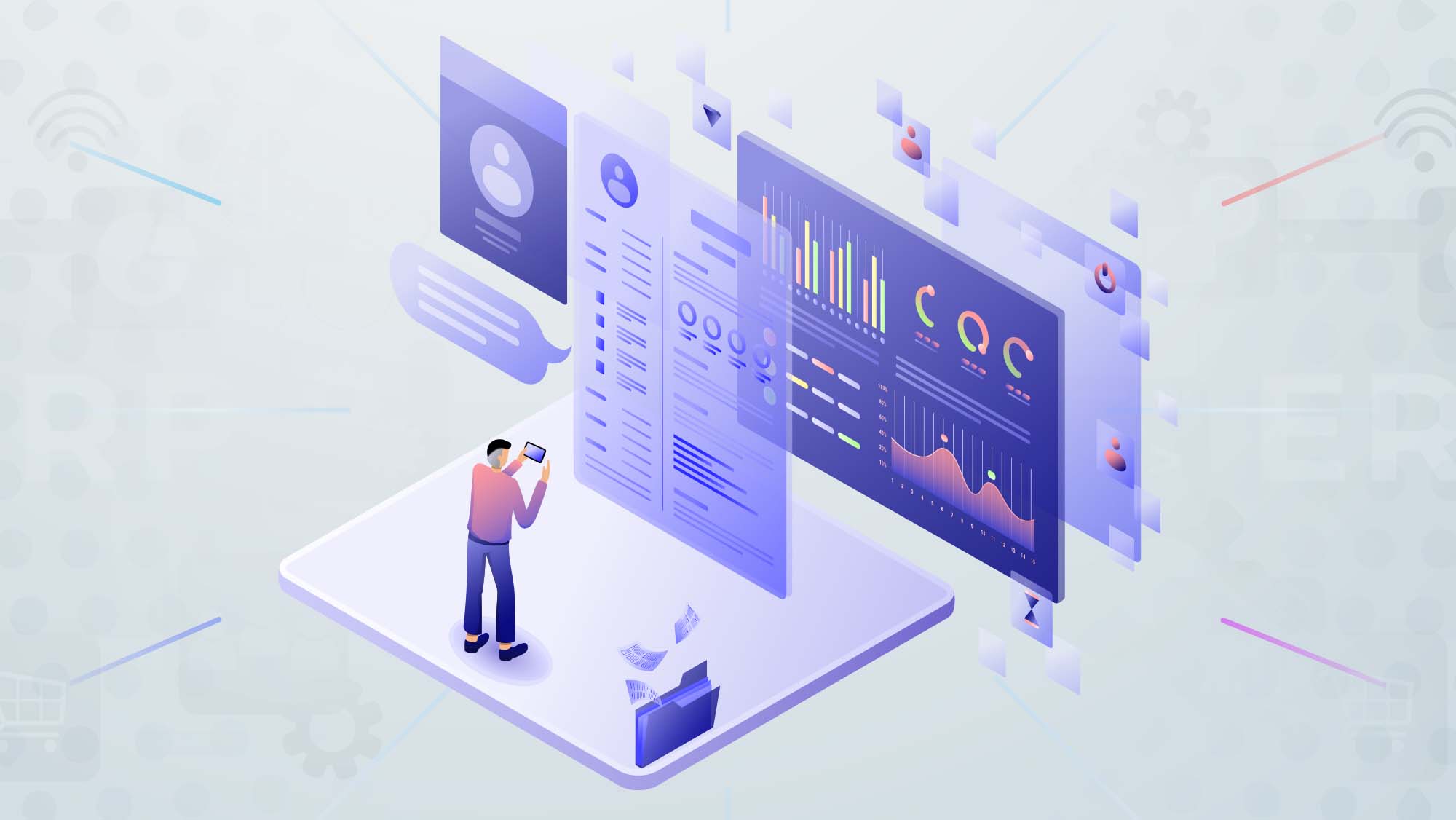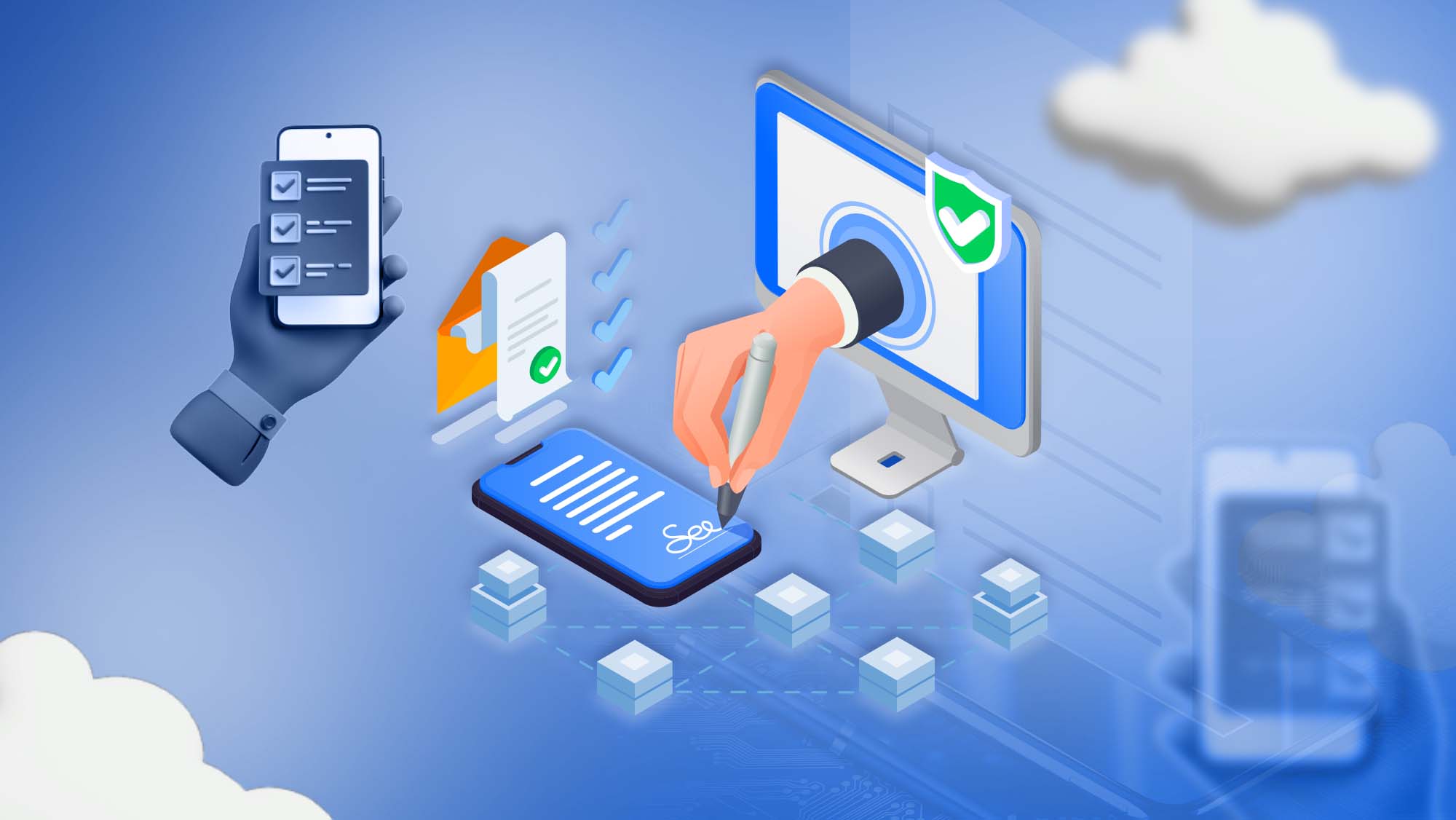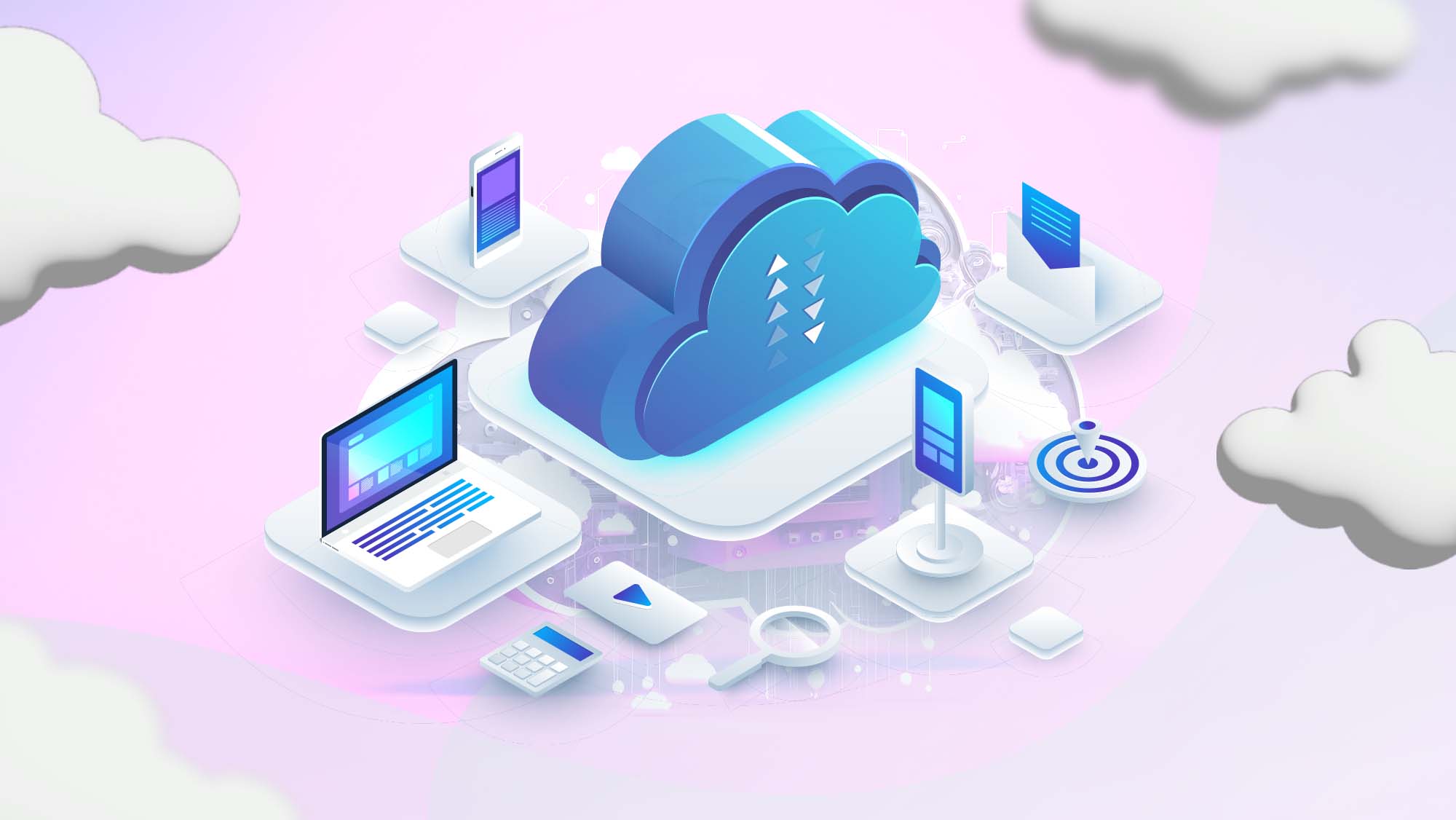Table of Content
Enterprise Resource Planning (ERP) software is a business management solution that manages and integrates day-to-day activities of the business and integrates different business functions to provide a single view of information for better decision-making and increased ROI.
An ERP integrates functions like finance, procurement, human resources, project, production, and other activities. This solution provides real-time and accurate information to stakeholders that facilitate informed decision-making.
Since an ERP automates and integrates various business processes, operational and financial visibility increases, and it helps in underlying future business requirements efficiently and driving growth.
When your Business needs an ERP?
For a small or mid-sized business, it is crucially important to identify and understand when they need to move to an ERP system for managing their business operations. There are a series of triggers that could help your business identify that you should make your move from a legacy system to a modern ERP system. Some of the common identifiers are mentioned below:
Daily activities management is taking longer than expected
If your businesses key activities are taking longer than expected to manage and perhaps your accounts team is taking longer to close the books than expected or if your IT team is overloaded with maintaining and updating a patchwork of the legacy system. It is time to consider making your move to an ERP system for managing your business activities accurately and quickly.
Information Silos
If your business systems are not connected, there will always be a flow of disintegrated information rather than information silos in the business and it would be impossible to understand and identify performance indexes. If your business is struggling with this problem, and ERP has the capability to tackle this challenge and provide a single source of information and analytics.
Runaway Business Processes
If your business is facing the challenge of managing the core processes because the scale of operations has increased, it would be no harm to move to an ERP system that could help you keep a track of all the business activities and manage them efficiently.
Multiple Duplicate Data Entries
Each department uses its application and processes to get things done and while inputting the same data into the different systems there are high chances that too much duplicity of data is happening. Because of this reporting will take a longer time, chances of errors will increase, and the flow of information will be slowed. An ERP could help your business solve this challenge and increase the flow of information between different departments of your organization.
Business Growth Scares You
If seizing new business or growth opportunities scares you because of a lack of coordination among departments, restricted flow of information, disintegrated business functions, etc. An ERP could help your business be scalable and flexible.
Why is ERP Important for Your Business?
An ERP doesn’t only help your business manage day-to-day activities it also helps you prepare for future business requirements. It makes your business scalable, competent, and highly scalable. For sustainable growth of the business in the modern business world, companies use ERP systems, it is evident that an ERP has many benefits, and it could help your business become profitable and competitive.
Optimizes Efficiency
Enterprise Resource Planning (ERP) automates and streamlines various manual tasks and increases process efficiency. It facilitates improvising and automating repetitive tasks such as tracking inventory, task assignment to employees, work hours monitoring, salary distribution, and generating financial reports.
By optimizing and automating repetitive tasks your employees can focus more on core deliverables that increase productivity and brings more revenue to the organization. Decision-making of the stakeholders also increases because of fast task and information access facilitated through an ERP.
Increased Team Collaboration
An ERP integrates different business functions and stores the data at a centralized location accessible by different departments. This facilitates cross-team collaboration and gives magnified visibility of all the information needed by different stakeholders. which is accessible through the internet facilitates teams sitting at different locations to access the data or information from any device and anywhere.
Reduced Operations Cost
Various repetitive tasks in an organization that requires resource engagement are reduced eventually by an ERP system since most of the repetitive tasks are automated saving marginally on cost of operations. The lead time of the tasks is also reduced because complex activities can be completed quickly through an ERP.
Data Security
An ERP system offers firewalls and restriction controls to stop data breaches. The admin has the right to restrict access to different employees and in case of employees leaving the organization through ERP, the access can be revoked. Since the user activities can be tracked in an ERP system, any unauthorized actions or suspicious activity can be identified on real time-basis.
Accurate Forecasts
With the analytical and reporting feature of ERP systems you would never miss out on real-time, complete, and consistent information. The Business Intelligence (BI) of an ERP system helps the stakeholders make accurate business forecasts and facilitate effective decision-making.
Business Scalability
In a business setup, requirements changes with time. There would always be new business requirements and avenues, An ERP offers that scalability and prepares the business to venture into new areas with ease.
Which Industries Can Benefit from an ERP?
Earlier, ERP solution was developed only for but since businesses have employees to manage, financial data to track and store, and functions to perform, the scope of an ERP system has extended to different industries.
Below is the list of industries that uses ERP to manage, scale, and grow their businesses
- Manufacturing
- Education
- Healthcare
- Retail
- Construction
- Government Sector
- Automotive Industry
- Food Industry
- Oil and Gas
- Real Estate
- Services, and more…
Closing Statement
To sustain and compete in the modern business world, a business needs an ERP system. ERP makes the business flexible, manageable, scalable and growth-oriented by integrating and automating the core business processes.
It facilitates a platform for real-time data availability and accessibility that facilitates informed decision making and through easy accessibility of the information by different stakeholder’s cross-team collaboration increases.
Choosing the right ERP is crucial and so is choosing the right vendor. Look for an ERP system that has a robust partner ecosystem and a solution that is highly scalable to meet your future business requirements.
If you are left with any doubts about why an ERP System is important for your business, our experts are just a call away to discuss more on it.

Witness a scalable transformation
Experience real-time synchronisation and flexibility with a consistent view across your business.
Disclaimer– “All data and information provided on this blog is for informational purposes only. Dynamics Square / MPG Business Information Systems Pvt. Ltd. makes no representations as to accuracy, completeness, currentness, suitability, or validity of any information on this site and will not be liable for any errors, omissions, or delays in this information or any losses, injuries, or damages arising from its display or use.”













